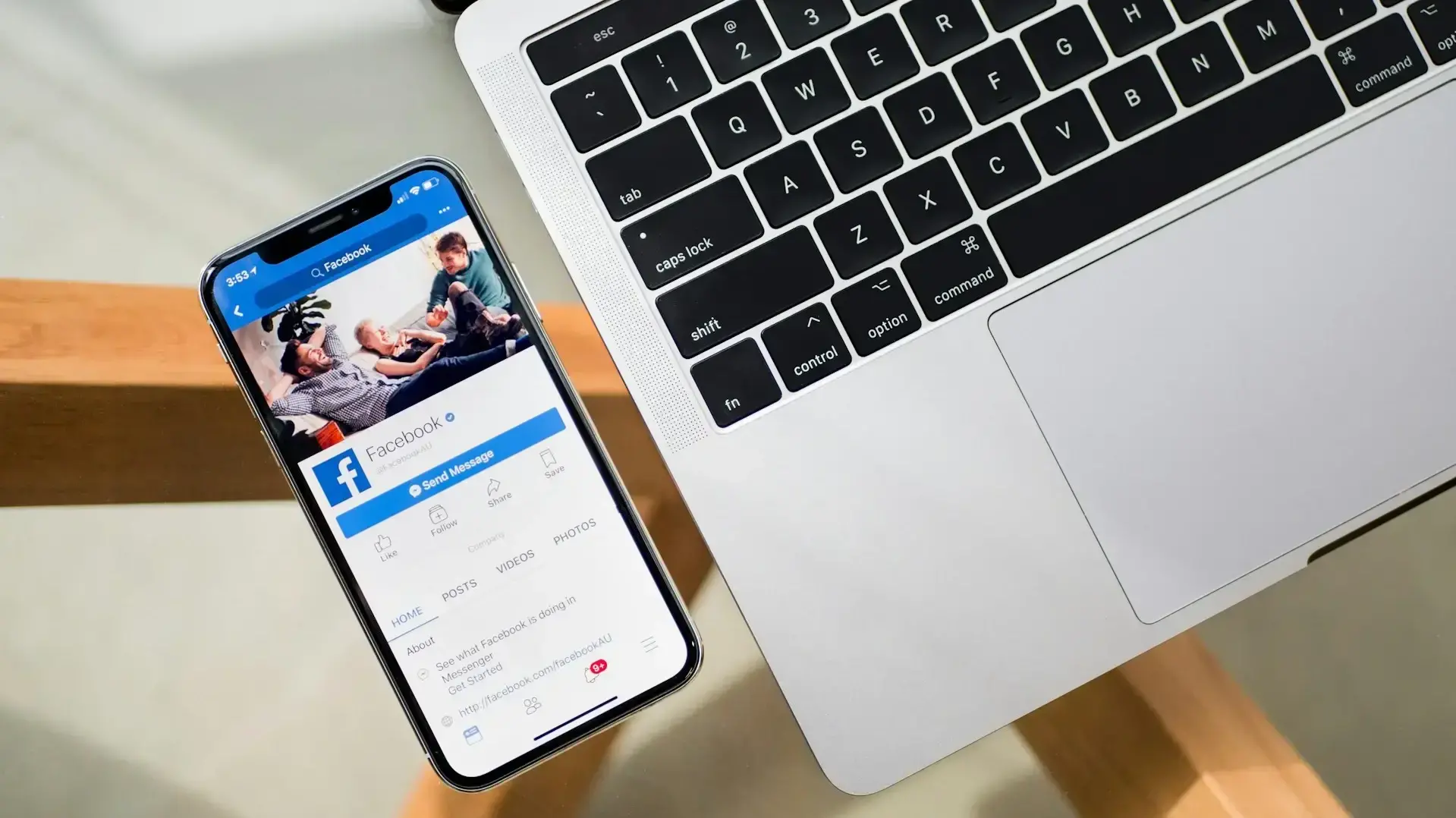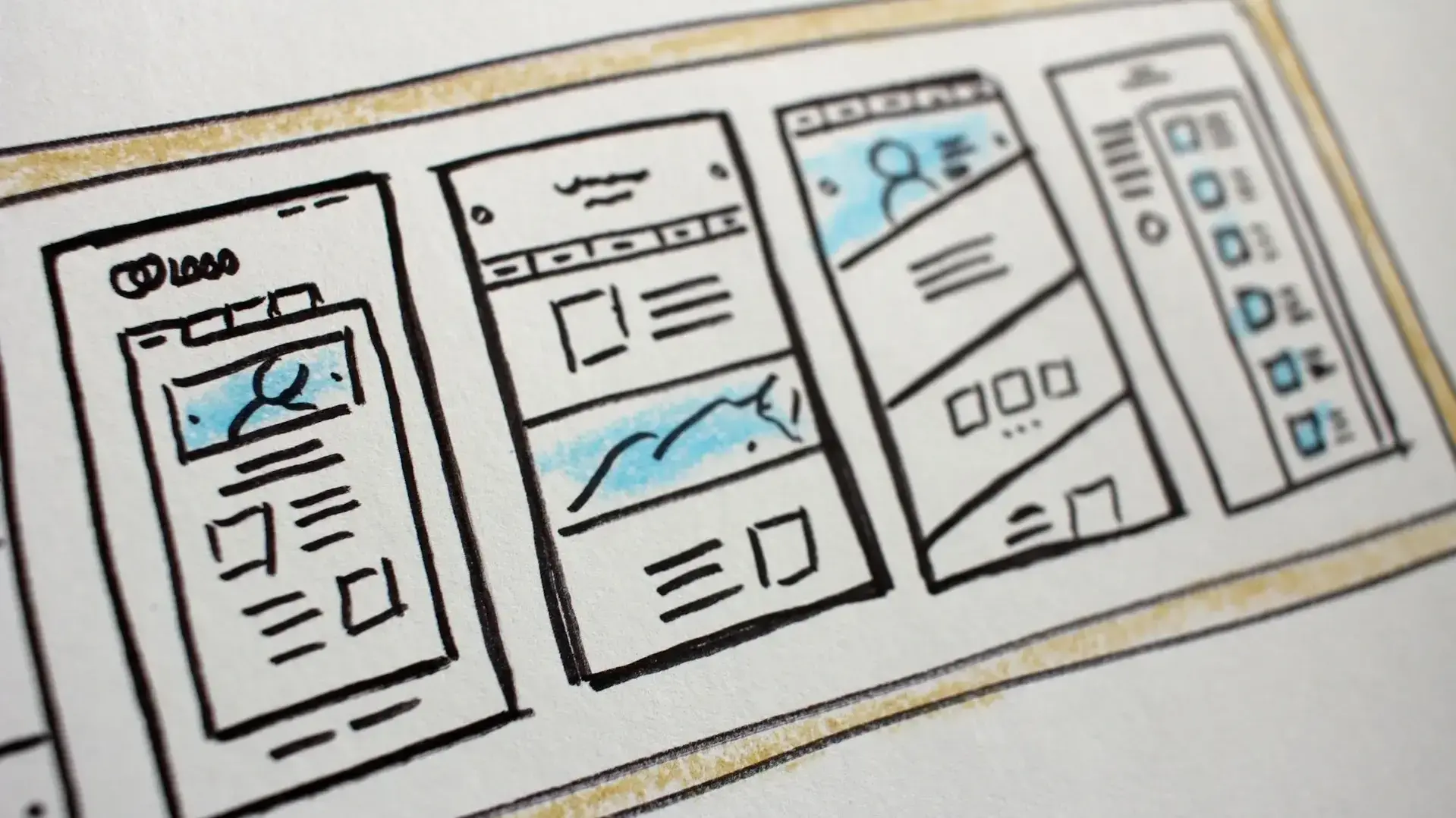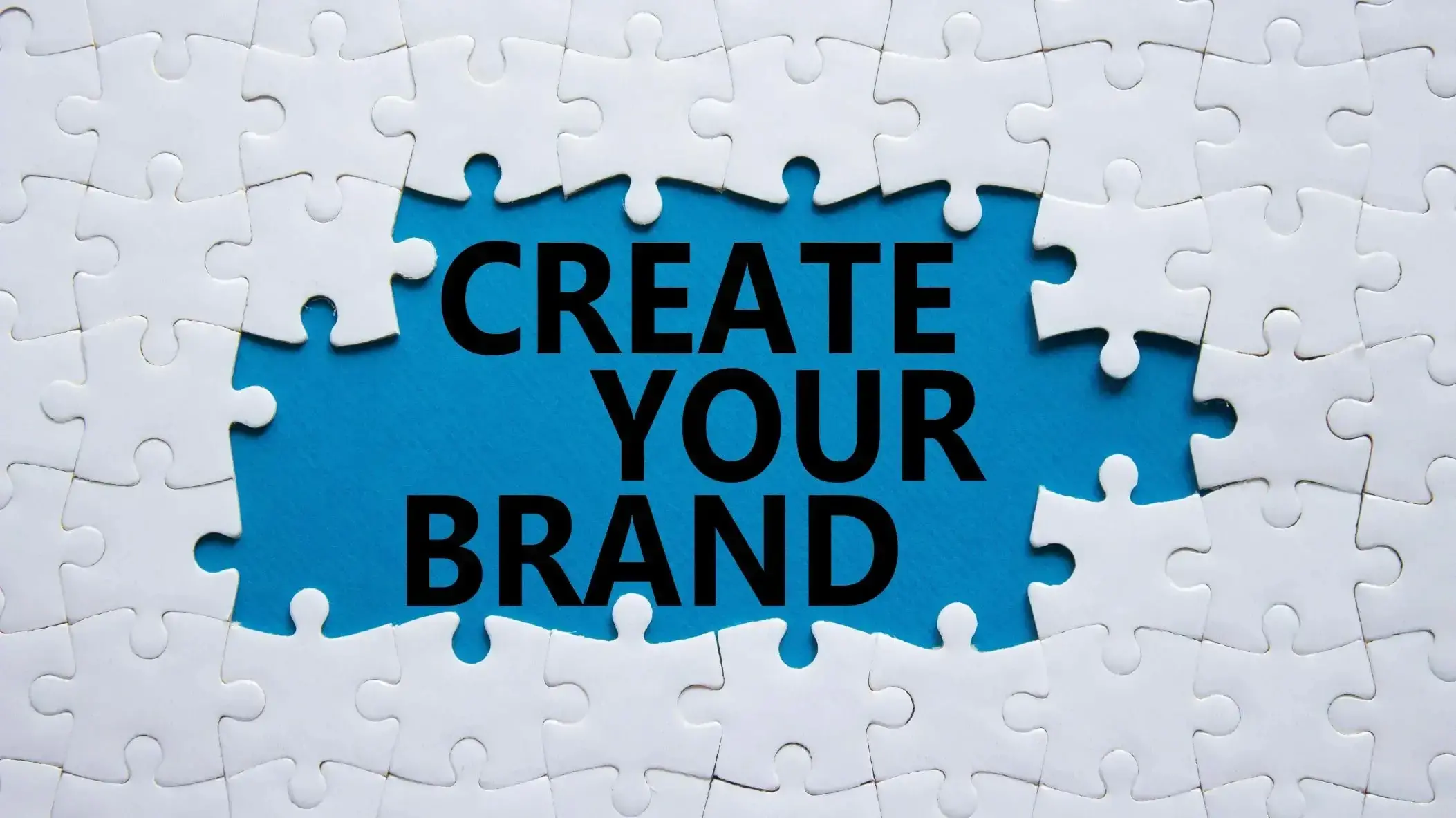Personal branding is important in today’s professional world. Whether you’re selling products, looking for a job, or building a client base, building your personal brand can help you stand out from the crowd.
Fortunately, building your personal brand isn’t difficult but it does help to approach it strategically. In this post, we’ll look at how to improve your personal brand to meet your personal and professional goals.
What is a Personal Brand?

Your personal brand is how you professionally present your stories, experiences, relationships, strengths, morals, etc. It shows others who and what you are.
It includes your behavior, actions, reactions, how you treat others, how you handle situations, and more. Everything you say or do in public, on the job, etc., becomes part of your personal brand.
We all have a personal brand to some extent, but to be effective, it needs to be carefully designed and promoted. A personal brand is similar to a business brand. Just as we learn about a business through its branding, we learn about people through their personal branding.
Your personal brand includes everything about your brand, such as your website’s color palette, the tone of your writing, how you respond to others, the style of your thumbnails, any audio that you use in videos and podcasts, who you follow, and more.
All of this helps someone decide if they want to connect with you. This includes employers, contractors, partners, followers, students, customers, clients, and more.
Why You Need to Improve Your Personal Brand

A personal brand helps you connect with others on a professional basis, including your target audience, colleagues, boss, etc. It helps you make the right connections and find the right audience that shares your values and interests.
A strong personal brand can help you boost your career, get the work you want, connect with people you’re interested in, scale your platform, and increase the overall quality of your business. It will help customers decide to work with you.
A personal brand can help you land a job, raise funding for a business startup, sell your products, become a successful consultant, and lots more. It builds credibility and trust, which can grow your brand and expand your opportunities.
Building your personal brand can establish you as an expert in your field and help you meet your professional and personal goals.
It helps make you relatable to your audience. They’ll understand that there is a real person behind your brand that they can get to know, which will help build trust. They won’t know everything about you, but they will know enough to join you in your journey, learn with you, and even become a customer.
How to Improve Your Personal Brand

Building and improving your personal brand takes time and effort. A good personal brand doesn’t happen on its own or by accident. It takes planning and strategy. Here are some strategies to improve your personal brand.
Discover Yourself

First, think about yourself and what sets you apart from the crowd. Think about the key information that makes you who you are.
Consider your interests, hobbies, characteristics, values, strengths, industries that interest you, and your ideal career. This will help you develop your unique value proposition.
Know your purpose. Decide why you need to develop or improve your personal brand. Ask yourself questions such as what the purpose of your personal brand is. Ask yourself what you want to do and how you want to impact your industry and audience. This will lead to your goals.
Know your goals. Clearly define your goals and be as specific as possible. This should include personal and professional goals. These will sometimes overlap, and it helps to identify that overlap.
Know your strengths and weaknesses. Identify the things you’re great at to help you focus on areas to promote. Identify things you’re not great at but are a part of your goals to help you focus on where to improve. Knowing your strengths will help you highlight your best qualities and identify your competitive advantage.
Define Your Audience

Determine the audience you want to be a part of and serve. This comes down to the core of your business and shows who you’ll target. For example, you might want to target other businesses, consumers, investors, students, employers, scientists, journalists, or many others.
Once you know this audience, you’ll be able to tailor your message to that audience. You can create value for that audience, which will help you stand out to them.
Be Authentic
Authenticity is important when building your personal brand. It’s difficult to be someone you’re not. It’s also difficult to stay enthused about something you don’t enjoy. Be the real you and focus on your passions. This will build trust, which is valuable for any brand.
It’s okay not to show everything about your life, but don’t pretend to be someone you’re not. For example, if you want your audience to believe that you’re a professional web designer but you’ve never designed a website, this will show in your content and conversations.
Define Your Personal Brand

Use the information that you’ve discovered about yourself and your audience to define your personal brand. Include what makes you unique, your strengths and weaknesses, personal values, and likes and dislikes.
Use this information to show how you can add value. This will describe the purpose and mission of your brand and will help you set goals.
Tell Your Story

Share the parts of your story that you feel comfortable sharing online. Telling your story will make you more relatable and personable. Tell your story through your personal brand. This will show your potential audience who you are and why they should care about you.
Tie your story to your brand. Only include the parts of your story that are relevant to your brand and audience. Once your audience knows you as a personal brand, it’s easier to convert them to customers for your business brand if that’s your goal. Include how your story relates to your audience. This shows that you understand them and can relate to their problems and issues.
For more, see Storytelling in Web Design: Tell a Story to Keep Visitors Engaged.
Focus on Your Brand’s Voice
Decide how you want your brand to be perceived by your audience. Your voice and tone should match your brand. Use the type of content, language, images, etc., that you want to convey from your brand.
Be consistent. If you have a professional voice, don’t randomly publish a non-professional rant that doesn’t match your brand. Your content should sound like your brand, or your audience will assume something is wrong and you could lose credibility.
Connect with Your Audience

Build a community with your audience. Rather than thinking of your audience as only your followers, communicate with them. Make them a part of your brand’s story and include their stories on your platforms. Let them feel like they are a part of your community.
This builds a two-way relationship between your audience and your brand. This builds trust and credibility and helps everyone involved- not just your brand.
Create Content

Content marketing is one of the most important methods of marketing any brand. This includes your personal brand. Content marketing is great for driving traffic SEO and growing your audience.
Creating content is a great way to engage with your audience and build your following. Create the type of content you want to be known for and that best suits your audience.
Types of content include:
Create content that adds value. Your audience won’t stay if your content is just an ad for your products or services. Be consistent and focus on quality over quantity.
Publishing quality content is a great way to build your brand over time. If you’re testing products or struggling with an issue, bring your audience along for the ride. You can grow together.
Once you’ve established yourself in the topic you’re creating content around, it will be easier to promote your own solutions to those problems. You will have shared your personal growth, and you will have helped your audience grow. Your readers are more likely to convert to customers.
Select Your Platforms Carefully

Unless the platforms you’re already on are not a good fit for your personal brand, it’s a good idea to start on platforms you’re already known for. Improve the content on those platforms before starting another platform.
It’s better to focus on one platform and build it well than to publish poorly on multiple platforms. Start with your audience’s favorite and expand from there. Most likely, you’ll need to build multiple platforms to find your audience.
It’s also possible that you need to change platforms. You can find the best platforms for your audience by researching their demographics.
Utilize Social Media Correctly

Even if social media isn’t your primary platform, your brand can benefit from posting on social media. Every social media platform is different, so you’ll need to create content specifically for each platform. Be sure to keep your posts and comments consistent with your personal brand across all platforms.
Social media thrives with short-form content. Short-form content is easier to create than long-form content, and you can use this to promote your long-form content that’s published on your YouTube channel or website.
For more, see Social Media Marketing in the 2020s.
Set Boundaries
Even though there will be some crossover between you and your brand, you don’t have to tell everything about yourself. It’s okay to keep certain things to yourself and have a private life. This keeps trolls from harassing you over things that are not related to your brand.
Decide what you want to share and what you want to keep private. Build privacy from the start and it will be easier to maintain over time.
Build or Improve Your Website

A personal brand needs an amazing website. This gives you a platform to launch from and gives you a place to house your services and products. For more information, see the article Brand Consistency in Web Design.
Of course, every good website needs good hosting. See our hosting plans for WordPress and get started on your website today.
Summarize Your Brand’s Message
Once you have all the information you need, summarize your brand’s message so that you can repeat it to others in 30 seconds or less. This is known as an elevator pitch- something you can tell someone during an elevator ride.
Your brand’s message will show:
Introduction: who you are.
Your focus: what you’re about, why you do what you do, etc.
Your product or service: what you offer your audience.
Target audience: the people you serve.
Your unique value proposition: what sets you apart from your competition or what qualifies you for this role.
Once you’ve given them your pitch, they should know everything they need to know about your business.
Your summary only needs to be a few sentences. It should be easy to say and easy to understand. Rewrite and hone your summary until it’s perfect. Use this summary when describing your personal brand to others. Also, use it as a starting point when introducing your personal brand to your potential audience.
Ending Thoughts on How to Improve Your Personal Brand
That’s our look at how to improve your personal brand. As you can see from these strategies, personal branding is a key element of your success, both personally and professionally. You can improve your brand without losing your privacy. It’s okay if your personal brand is a public version of you while you keep your private version of you private.
Building and improving your personal brand takes work and dedication, but it’s worth the effort. It can propel your career further and faster. The strategies we’ve covered here will give you a great start on improving your personal brand to meet your goals.
We want to hear from you. Have you used any of these tips to improve your personal brand? Let us know about your experience in the comments below.
Frequently Asked Questions
What role does personal branding play in online networking?
Personal branding is integral to online networking as it shapes how you are perceived professionally. Consistent branding across platforms, a strong professional bio, and sharing relevant content contribute to building a positive and influential personal brand.
What do omnichannel customers expect in terms of brand loyalty?
Omnichannel customers expect consistent, seamless experiences across all platforms, enhancing brand loyalty through personalized interactions and unified customer service.
Can an omnichannel e-commerce strategy that merges customer data from brick-and-mortar and online stores enhance brand loyalty?
Yes, merging customer data across channels in an omnichannel strategy enhances personalized experiences, significantly boosting brand loyalty.
What role does human input play in utilizing AI web design tools for creating a custom domain or brand identity?
Human input is crucial for guiding AI web design tools, ensuring that the final website reflects the brand's identity and values accurately, even when using AI for tasks like content creation and site design.

Randy A. Brown is a freelance writer from east TN specializing in WordPress and eCommerce. He's a longtime WordPress enthusiast and loves learning new things and sharing information with others. If he's not writing or reading, he's probably playing guitar.
View all posts by Randy A. Brown





















